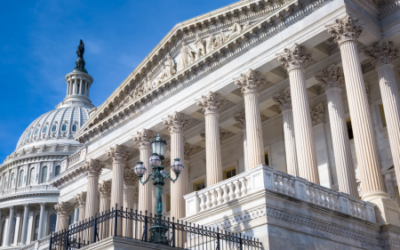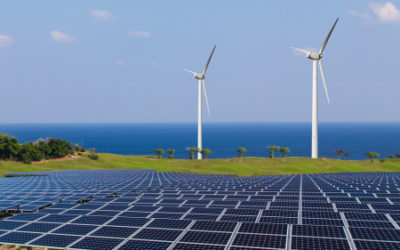Returning from a July 4 break, members of Congress found themselves facing a number of high-priority issues with no quick resolutions. With an omnibus funding bill still in limbo, lawmakers are now trying to pass individual funding bills.
The consensus in Washington is that when these bills are rolled out, water legislation, Farm Bill funding and transportation funding will be the top priorities – and water funding could float to the top.
That’s the hope of state and local officials who are suffering from significant declines in federal funding for water and wastewater projects. Many regions have critical and immediate needs for water infrastructure. In fact, there’s an estimated funding gap of more than $1 trillion for the country’s water infrastructure needs.
Congress, as it tries to free up water funding, must also adapt to a new paradigm driven by the Trump administration that attempts to use limited federal funds to leverage additional revenues from state and local governments and private-sector investors. That issue adds even more trauma to the effort. It also begs the question of “How much does it take to incentivize private-sector investors?”
While Congress grapples with these problems, the most popular funding source for water funding – the Environmental Protection Agency’s State Revolving Fund (SRF) Program – has experienced increasing demand for grants and low-interest loans. The SRF Program is currently reporting a shortfall of $67 billion. That’s after requests for drinking water project funding totaled $26.9 billion for last year and another $55.3 billion was requested for wastewater projects.

When these bills are reconciled and have been signed by the President, most water and wastewater system owners will be ready and waiting. Planning has been completed and the only thing left to complete is the funding. Projects should be launched very quickly.
Some public officials are not waiting. The San Bernardino Valley Municipal Water District secured $126 million from the California State Water Resources Control Board. The plan now is to construct the Sterling Natural Resource Center, a wastewater treatment facility in the city of Highland to produce recycled water.
More than 80 projects will share $256 million in water funding recently announced by the U. S. Department of Agriculture (USDA). These funds, from the Water and Waste Disposal Loan and Grant Program, will be used to improve water and wastewater infrastructure in rural areas of the country.
More USDA funding will be available for water and wastewater projects following the enactment of the FY 2018 Omnibus spending bill. It currently allocates $5.2 billion for USDA loans and grants. USDA Rural Development’s Water and Waste Disposal Program also awarded $255.7 million in May to fund smaller water projects throughout the country.
Water projects of all types and sizes are ready to launch once funding is made available. Most likely, Congress will allocate less than is needed but possibly enough to attract interest from private-sector investors. The question is whether the amount state and local officials receive from the federal government will be enough to cobble together adequate funding from other sources. And, the jury is still out on whether state and local officials are ready to accept alternative funding. If so, the marketplace for water projects in the U.S. may explode and hundreds of opportunities will become available for engineering, construction, environmental and water-related firms.
It’s time to fix the country’s water problems. The needs will definitely not go away and the longer we wait, the more expensive the fix becomes.
SPI’s government procurement experts can help any company grow business. Contact them today!






